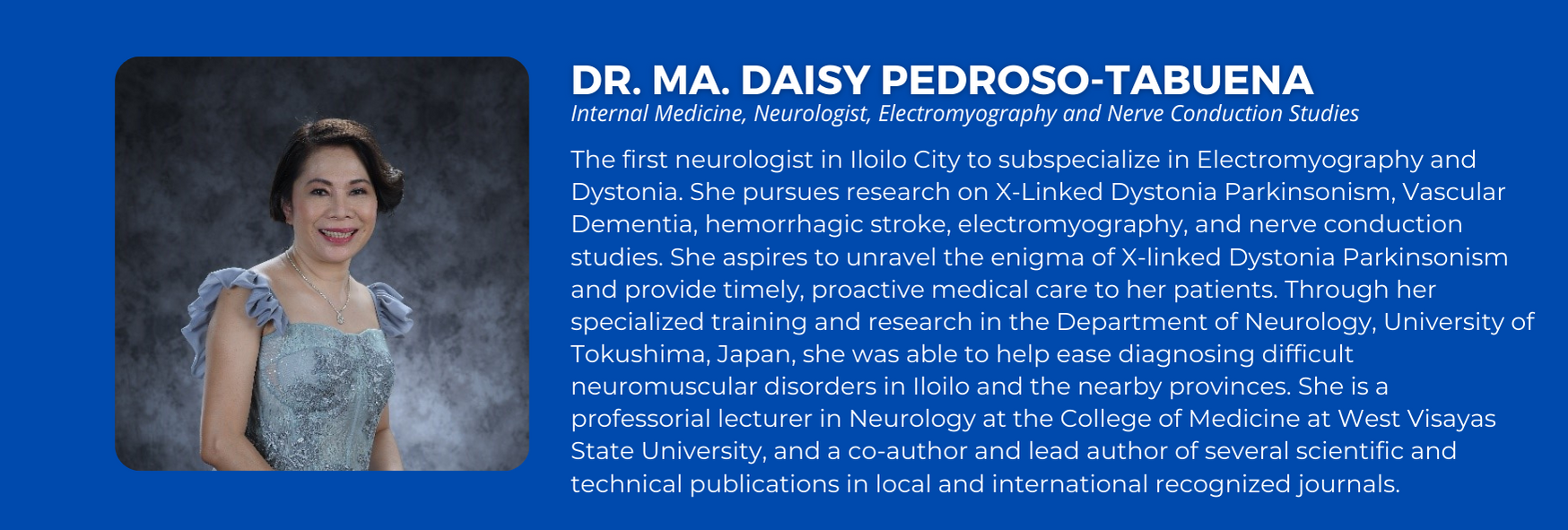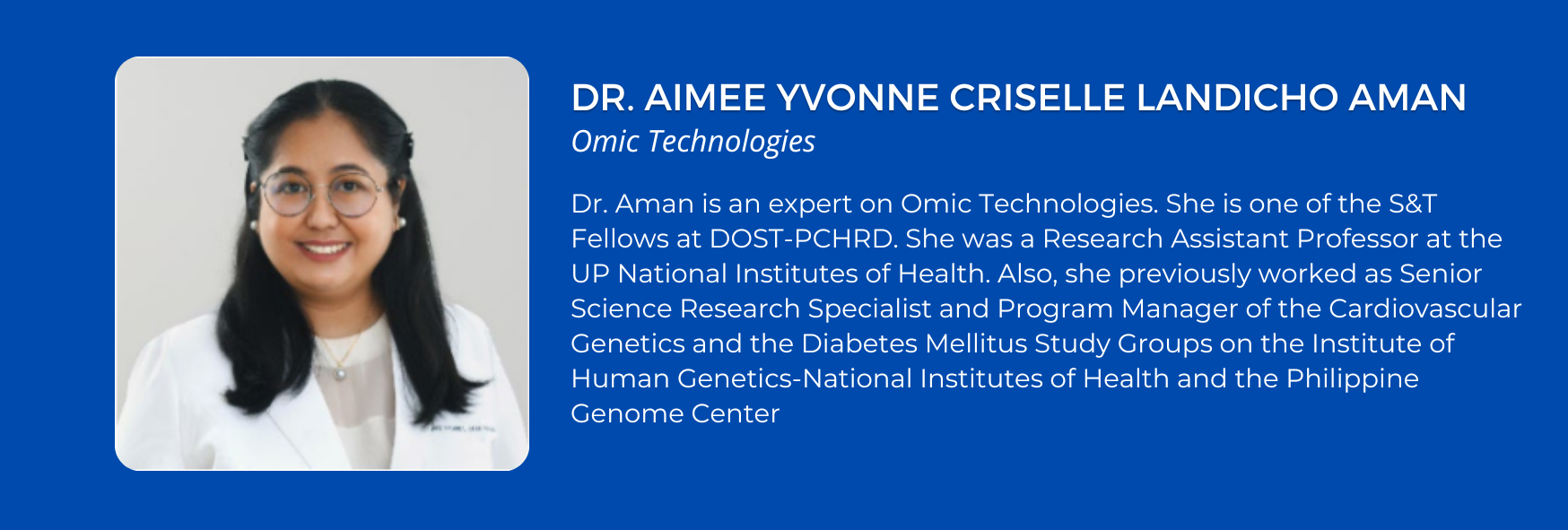YFETFINANCE 交易所HOW TO REFER COINBASEETH SHIBA 交易所
- Details
Sex: Female
Field of Specialization:
Water governance,
Food and agriculture policy,
Climate change adaptation,
Science and technology
Researches:
Article title: Revitalizing Philippine Irrigation: A Systems and Governance Assessment for the 21st Century
Authors: Briones, Roehlano M.
Publication title: Revitalizing Philippine Irrigation: A Systems and Governance Assessment for the 21st Century, 2021
Full text link https://tinyurl.com/25k8f27j
Article title: Communal Irrigation Systems
Authors: Roger A. Luyun Jr. and Dulce D. Elazegui
Publication title: Revitalizing Philippine Irrigation: A Systems and Governance Assessment for the 21st Century (pp.69-96), January 2021
Full text link https://tinyurl.com/4axce2cz
Article title: Issues on communal irrigation systems in the Philippines
Authors: Roger A. Luyun Jr. and Dulce D. Elazegui
Publication title: Philippine Institute for Development Studies: Policy Notes 7, 2019
Full text link gate.io app
Article title: Opportunities and Challenges in Socially Inclusive Innovation: The Case of Genetically Modified Corn in the Philippines
Authors: Linda M. Peñalba and Dulce D. Elazegui
Publication title: Biotechnology (pp.1541-1555), January 2019
Article title: Impact of the closed fishing season policy for sardines in Zamboanga Peninsula, Philippines
Authors: Agnes C. Rola, Teresita A. Narvaez, Maria Rio A. Naguit, Dulce D. Elazegui, Bing Baltazar C. Brillo, Merlyne M. Paunlagui, Hadji C. Jalotjot, Catherine P. Cervantes
Publication title: Marine Policy 87:40-50, 2018
Full text available upon request to the author/s
Article title: Policy and Institutional Challenges in Climate Information Services Provisioning in Philippine Agriculture
Authors: Dulce D. Elazegui, Agnes C. Rola, Roger A. Luyun, Jr., Nico Jayson C. Anastacio, Francis John F. Faderogao, and Maria Cristina A. Alvarez
Publication title: Journal of Public Affairs and Development 4:51-79, 2017
Full text link gate.io app
Article title: Enhancing institutional dynamics for multiple uses of water amidst climate-related risks: The case of Lake Buhi, Philippines
Authors: Dulce D. Elazegui, Agnes C. Rola, Erica Allis
Publication title: Lakes & Reservoirs Research & Management 21(3):224-234, September 2016
Full text available upon request to the author/s
Article title: Assessing the formulation and implementation of the closed fishing season policy for sardines in Zamboanga Peninsula, Philippines
Authors: Bing Baltazar C. Brillo, Dulce Elazegui, Catherine Cervantes, Agnes Rola
Publication title: Philippine Journal of Science 145(4):395-404, 2016
Full text link https://tinyurl.com/4y5eva3t
Article title: The Role of Agricultural Public Extension in a Private-Led Technological Innovation
Authors: Rowena dela Torre Baconguis , Linda M. Peñalba , Dulce D. Elazegui ,
and Elvira E. Dumayas
Publication title: Developing Country Perspectives on Public Service Delivery, Chapter 14, 2015
Full text link gate.io login
Article title: Opportunities and Challenges in Socially Inclusive Innovation: The Case of Genetically Modified Corn in the Philippines
Authors: Linda M. Peñalba, Dulce D. Elazegui
Publication title: Quality Innovation: Knowledge, Theory, and Practices, 2014
Full text available upon request to the author/s
Article title: Social and institutional dimensions of climate change adaptation
Authors: Linda M. Peñalba, Dulce D. Elazegui, Juan M. Pulhin, Rex Victor O. Cruz
Publication title: International Journal of Climate Change Strategies and Management 4(3):308-322, July 2012
Full text available upon request to the author/s
Article title: Seed System, Production and Marketing of Eggplant in Three Major Producing Provinces in the Philippines
Authors: Agnes R. Chupungco, Dulce D. Elazegui, and Miriam R. Nguyen
Publication title: Crop Protection Newsletter 36(2):37-47
Full text available upon request to the author/s
Article title: Innovations in Seed Systems for Potential Biotechnology Products: The Case of Genetically Modified Papaya in the Philippines
Authors: Agnes C. Rola, Dulce D. Elazegui, Miriam R. Nguyen, Pablito M. Magdalita, Elvira E. Dumayas, Agnes R. Chupungco
Publication title: Crop Protection Newsletter 35(1):80-91, April 2010
Full text available upon request to the author/s
Article title: Consequences of Bt Cotton Technology Importation
Authors: Miriam Nguyen, Dulce Elazegu, Rogelio Tagarino, Agnes Rola
Publication title: Philippine Agricultural Scientist 93(1):9-21, March 2010
Full text available upon request to the author/s
TRUEDECK PLATFORM APPWOA EXCHANGESLIMEWIRE CRYPTO
- Details

Sex: Female
Education:
- Electromyography and Dystonia, University of Tokushima, 2004
- Post-Graduate Fellowship Training in Electromyography, University of Tokushima, 2003
- Fellowship in Neurology, University of the East - Ramon Magsaysay Memorial Hospital, 1999
- Residency, West Visayas State University Hospital, 1995
- Doctor of Medicine, West Visayas State University, 1991
- Bachelor of Science in Biology, University of San Agustin, 1987
Field of Specialization
Internal Medicine
Adult Neurologist
Electromyography and Nerve Conduction Studies
MEDANO EXCHANGEIQQ EXCHANGESDISTRICT CHAIN AGREEMENT 交易所
- Details

Sex: Female
Education:
- Master of Science in Clinical Epidemiology, University of the Philippines Manila, 2014 - present
- Doctor of Medicine, University of the Philippines Manila, 2012
- Bachelor of Science in Biochemistry, University of the Philippines Manila, 2006
Field of Specialization:
Clinical Epidemiology
Internal Medicine
Omic Technologies for Health
Genetics
NFTL APPVIRTUAL LIFEFARMS 交易所
- Details
by Khasian Eunice M. Romulo
Dr. Faye Abigail T. Cruz, a renowned climate scientist and the Head of the Regional Climate Systems Laboratory of the Manila Observatory, narrates her fulfilling journey in Climate Science. In her career, she has dedicated studying past, present, and future changes in climate in the Philippines and in Southeast Asia, making significant contributions to our understanding of this critical issue.
Educational Roots
Dr. Cruz completed her Bachelor’s and Master’s degree in Physics at the Ateneo de Manila University. A pivotal moment in her career was when she was offered a research assistantship position right after her undergraduate studies. This opportunity allowed her to work closely with the Physics Department of the Ateneo, and the Manila Observatory. To further her knowledge and skills, she pursued and completed her Doctorate Degree in Climate Science at the University of New South Wales, Australia, setting the stage for her future in climate science.
Discovering Climate Science
Dr. Cruz’s early research involved the use of regional climate and weather models. These sophisticated tools are pivotal in unraveling the complex interactions between changes in the land surface, such as deforestation and urbanization, and the atmosphere, offering crucial insights into how the land surface influences temperature and rainfall patterns.
In the past decade with the Manila Observatory, Dr. Cruz has focused on efforts toward localizing climate data through a process known as climate downscaling. Regional climate models are used to generate localized information from global climate projections, which often lack the spatial resolution necessary to capture the nuances of an archipelago like the Philippines. This technique allows researchers to obtain detailed, granular data on how the changing climate, such as temperature and rainfall variations, manifest across varied landscapes. This was also the focus of her postdoctoral research at the Meteorological Research Institute, Japan as an International Research Fellow of the Japan Society for the Promotion of Science.
Dr. Cruz emphasizes that localized climate information is crucial for effective planning and adaptation strategies in regions with complex geographical features. By providing enhanced climate information, her team aims to empower policymakers and communities alike to make science-informed decisions to mitigate and adapt to climate change impacts effectively.
Understanding Climate Change
Climate change is an urgent issue of our time. It is important to have robust science to inform effective climate action. The study of climate involves examining each component of the climate system, including the land surface, atmosphere, hydrosphere, cryosphere, and biosphere as well as the influence of human activities, and Dr. Cruz highlights the complex interactions across these components. Climate differs from place to place so it is important to also examine regional features, apart from the global-scale. It is also like traveling in time, when looking back at past climate trends and changes, and looking at future scenarios by analyzing climate projections.
Winning Moments
In the vast tapestry of global climate research, Dr. Cruz was one of the 234 authors from 64 countries who worked on the Working Group I Contribution to the Sixth Assessment Report of the Intergovernmental Panel on Climate Change (IPCC). The report aimed to present the current state of the science of climate change, and the imperative for decisive responses.
During the global pandemic, Dr. Cruz navigated the challenges of remote collaboration across different time zones. It was a demanding yet fulfilling endeavor that required the meticulous review and rigorous assessment of numerous scientific papers for the report, including addressing all comments from reviewers.
The report gives a clear and strong message on the human influence on climate change. The findings presented more intense changes in climate extremes–heatwaves, torrential rainfall etc – with every additional warming in the future. Dr. Cruz underscores the critical need for immediate and sustained action, and emphasized that “reducing emissions is essential to limiting warming and its dangerous impacts, and securing a sustainable future”.
Life outside the laboratory
Balancing work and personal life is crucial, and Dr. Cruz navigates this with a blend of passion and purpose. Her dedication as a climate scientist stems from how she enjoys her daily work.
Beyond the office, Dr. Cruz enjoys exploring new destinations and immersing herself in diverse cultures. On the other hand, it is also part of her work, collaborating locally and internationally on climate research, understanding different perspectives, and forging connections across disciplines. For her, every collaboration adds depth to her understanding of the global climate challenge—a challenge she tackles with curiosity, empathy, and unwavering dedication.
Professional Memberships
Dr. Cruz is currently Co-Chair of the Coordinated Regional Climate Downscaling Experiment or CORDEX Southeast Asia, a consortium of climate scientists united by a common purpose and shared challenges. Together, they harness their expertise in regional climate research to understand the intricacies of climate dynamics specific to Southeast Asia. Driven by their shared passion, they embark on their third collaborative endeavor—the Climatic hazard Assessment to enhance Resilience against climate Extremes for Southeast Asian megacities (CARE for SEA megacities) project. Funded by the Asia-Pacific Network for Global Change Research (APN), the project aims to refine climate projections down to the city level, for the major cities of Hanoi, Metro Manila, Bangkok, Jakarta, and Kuala Lumpur. She is also a member of the Asia-Pacific Scientific and Technical Advisory Group of the UN Office for Disaster Risk Reduction.
What does a day in the life of a climate scientist look like?
Much of Dr. Cruz's day revolves around online and in-person meetings, discussions and email correspondence. Coordination with her project teams and frequent meetings with partners underscore the collaborative spirit of her work. In her laboratory at the Manila Observatory, weekly research meetings allow team members to share progress, exchange insights, and collectively learn from each other's endeavors. Bi-weekly journal meetings further enrich this collaborative environment, offering opportunities to discuss and disseminate knowledge gained from recent readings.
Encouraging the youth to take Science
Science is a fascinating yet demanding endeavor, offering a profound sense of fulfillment. Research has progressed with data and information becoming more accessible through the internet and with technological advancements. Dr. Cruz emphasized that it is crucial to develop critical thinking skills to discern valuable information and produce meaningful knowledge.
“In the Philippines, engaging in impactful scientific work is entirely possible. Learning to collaborate and form partnerships are essential. By working together, we can tackle pressing issues and be prepared for whatever climate impacts we will face in the future.”

